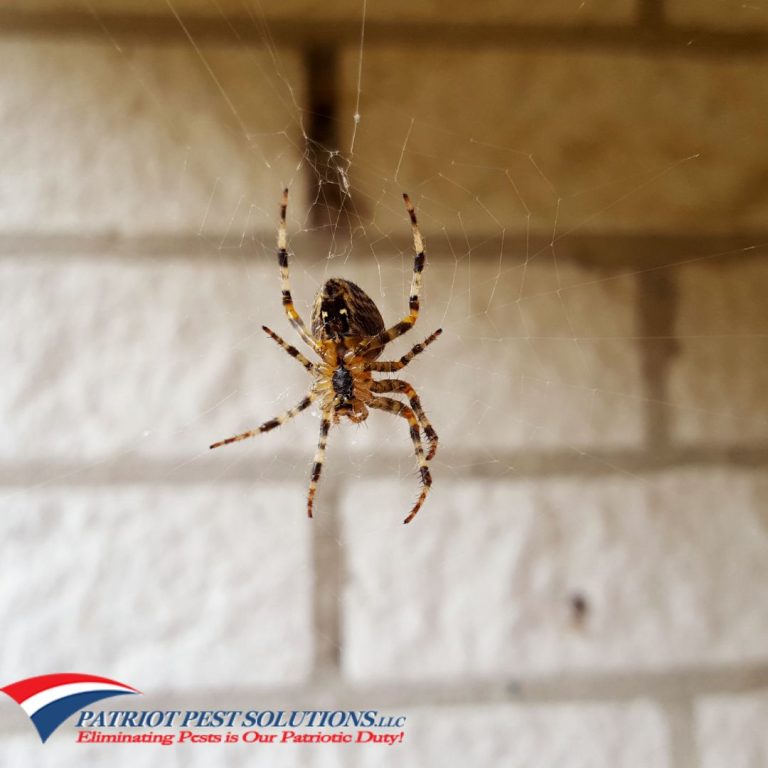Keeping Spiders at Bay
Are you tired of encountering eight-legged creatures scurrying across your walls and ceilings? Don’t worry, you’re not alone! Spiders are a common nuisance in Pennsylvania homes, and many residents find themselves seeking effective spider prevention methods. In this comprehensive guide, we will delve into the realm of spider prevention tips specifically tailored to the Pennsylvania region. From simple yet effective techniques to proactive measures, we’ll explore ways to keep those creepy crawlers out of your living space. So, grab a cup of coffee and let’s spin our web of knowledge!
Spider Preventions Tips in Pennsylvania: An Overview
Pennsylvania, with its diverse ecosystems and varied climate, provides an ideal environment for spiders to thrive. From the common house spider to more intimidating species like the black widow or brown recluse, the state houses a wide array of arachnids. While most spiders are harmless and even beneficial in controlling other pests, their presence indoors can trigger arachnophobia and create a sense of unease. Let’s explore some effective spider prevention tips specifically designed to address the Pennsylvania context.
Spider Prevention Techniques: How to Keep Spiders Out
1. Seal Entry Points: Blocking Spider Pathways
To prevent spiders from entering your home, start by identifying and sealing potential entry points. These tiny openings are gateways for spiders to make their way indoors. Here are a few areas to focus on:
- Windows and Doors: Inspect and repair any gaps around windows and doors. Install weatherstripping if necessary to ensure a tight seal.
- Cracks and Crevices: Thoroughly examine walls, floors, and foundation for cracks and crevices. Seal them using caulk or appropriate sealants.
- Vents and Chimneys: Install mesh screens on vents and chimney openings to prevent spiders from sneaking inside.
2. Keep a Tidy Abode: Say Goodbye to Cobwebs
Maintaining cleanliness in your home is a crucial aspect of spider prevention. Spiders are attracted to clutter and unkempt spaces, where they can easily spin their webs. Here’s how to keep your living environment less inviting for arachnids:
- Regular Cleaning: Vacuum and dust your home regularly to remove spider webs, eggs, and prey insects. Pay extra attention to corners, ceilings, and hidden areas.
- Declutter: Keep your living space organized and minimize clutter. This reduces potential hiding spots for spiders and their prey.
- Outdoor Maintenance: Trim vegetation and shrubs away from your home’s exterior. Spiders can use overhanging branches or plants as bridges to gain access indoors.
3. Natural Deterrents: Repel Spiders with Scents
Did you know that certain scents can act as natural spider repellents? By strategically using these aromas, you can discourage spiders from entering your home. Consider these natural deterrents:
- Essential Oils: Spiders are averse to scents like peppermint, tea tree, and eucalyptus oil. Dilute a few drops of your preferred oil in water and spray it around potential entry points or areas prone to spider activity.
- Citrus Peels: Save your citrus peels and place them strategically near doors, windows, or other vulnerable areas. Spiders dislike the acidic scent, helping to keep them at bay.
4. Lighting Matters: Adjusting
- Outdoor Lighting: Use yellow or sodium vapor lights for outdoor areas. These emit less UV light, which tends to attract insects and subsequently spiders.
- Indoor Lighting: Opt for yellow or LED lights indoors as well. These produce less heat and are less attractive to insects, reducing the spider’s food source.
5. Store Firewood Properly: Keeping Spiders Outdoors
If you use firewood, proper storage is essential to prevent spiders from hitching a ride inside. Here are some guidelines for storing firewood without inviting unwanted arachnid guests:
- Elevate: Keep your firewood off the ground by using pallets or racks. This prevents spiders from nesting in the woodpile.
- Distance: Store firewood away from the house, preferably at least 20 feet. Spiders that may be hiding in the wood will have less chance of finding their way indoors.
6. Professional Pest Control: Seeking Expert Assistance
Sometimes, despite our best efforts, spider infestations may persist. In such cases, it may be necessary to seek professional pest control services. Pest control experts have the knowledge and tools to tackle persistent spider problems effectively. They can assess your home, identify problem areas, and provide targeted treatments to eliminate spiders and prevent their return.




